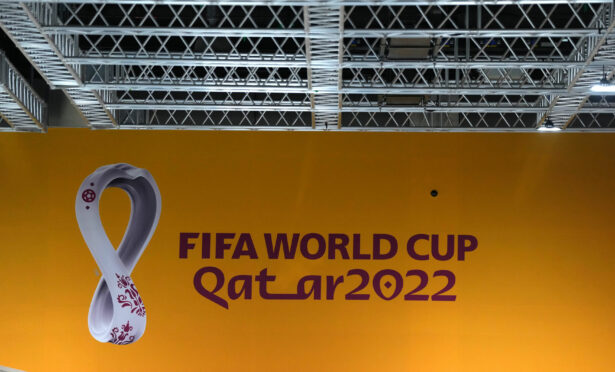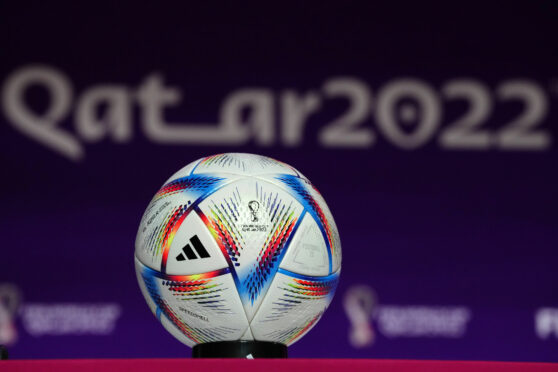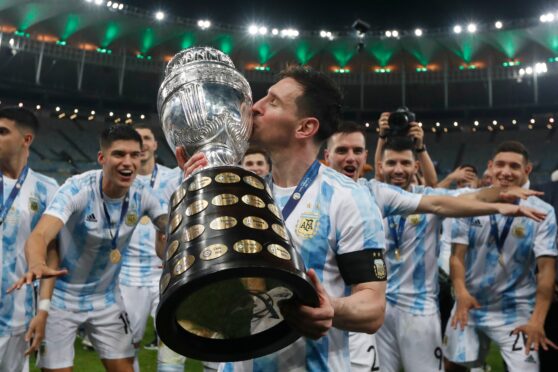
The journey to this World Cup has been attached with so much controversy that it is necessary to ask what exactly would success be for the tournament. Normally the excitement would have kicked in a lot earlier but this one is different.
The challenge for Qatar is on two fronts. Firstly, can the country sustain the competition’s value and therefore win friends and applause? Secondly, will Qatar push ahead with social reforms after the gaze of the world moves on?
The country recognises football’s appeal. This is one of the two biggest sports events in the world. However, the real struggle is over oil, security, defence and an attempt to change perceptions of Qatar. The West needs Qatari oil and gas. Qatar needs the West because, despite having immense wealth, it lacks sufficient security and defence capabilities.
Football has allowed itself to be drawn into a soft power battle. The assets at play include the World Cup, state ownership of Paris Saint-Germain, a world class airline, an air traffic hub, the hosting of the most extensive US military base in the Middle East, sponsoring of high-profile cultural events, the acquisition of highly visible estate, the Al-Jazeera media company, investment in blue chip companies and oil.
The smallest country to host a World Cup needs an enlarged international community of friends. It needs places where informal conversations can take place to influence such friends. This World Cup is an arena where football and international affairs collide. Success for Qatar would include a controversy-free tournament that convinces more of the world, particularly countries that Qatar needs, that significant social reform is taking place and will continue, that this World Cup is not an exercise in sportswashing.
Success for most host countries usually comes in two forms: nation branding and regeneration. Qatar has the wealth to regenerate and is using the event for nation profiling. However, so much money has been spent on this World Cup that this alone is not a great return on investment.
Success would also mean the stadiums being full, unlike the empty stadiums during the 2019 World Athletics Championships in Doha. A positive, safe fan experience is an important factor in the battle for hearts and minds if Qatar is looking to influence public opinion in the US, Europe and Britain. In other words, those countries that might support Qatar militarily.
For some, the tournament is already a partial success as it has helped leverage reform, dismantle the kafala migrant labour sponsorship system, establish the region’s first minimum wage, set up tribunals to facilitate better access to justice, establish an unpaid wages compensation fund, and legislate to regulate conditions for live-in domestic staff.
Handing the tournament to Qatar in 2010 hastened the downfall of the previous Fifa Board, plus the introduction of new governance and human rights screening as part of the future bidding process. This is too late for those who died building the infrastructure in Qatar, and success will be rejecting future bids from countries with questionable human rights records.
Fifa failed when they awarded the event to Qatar in 2010. Social and political activists will have won if they keep alive the calls for reform once the football starts. Qatar will have won if it convinces countries that reforms will continue. If they do, both football and the world will be a better place. That is what success would look like.
Grant Jarvie is chair of sport at University of Edinburgh

Enjoy the convenience of having The Sunday Post delivered as a digital ePaper straight to your smartphone, tablet or computer.
Subscribe for only £5.49 a month and enjoy all the benefits of the printed paper as a digital replica.
Subscribe
